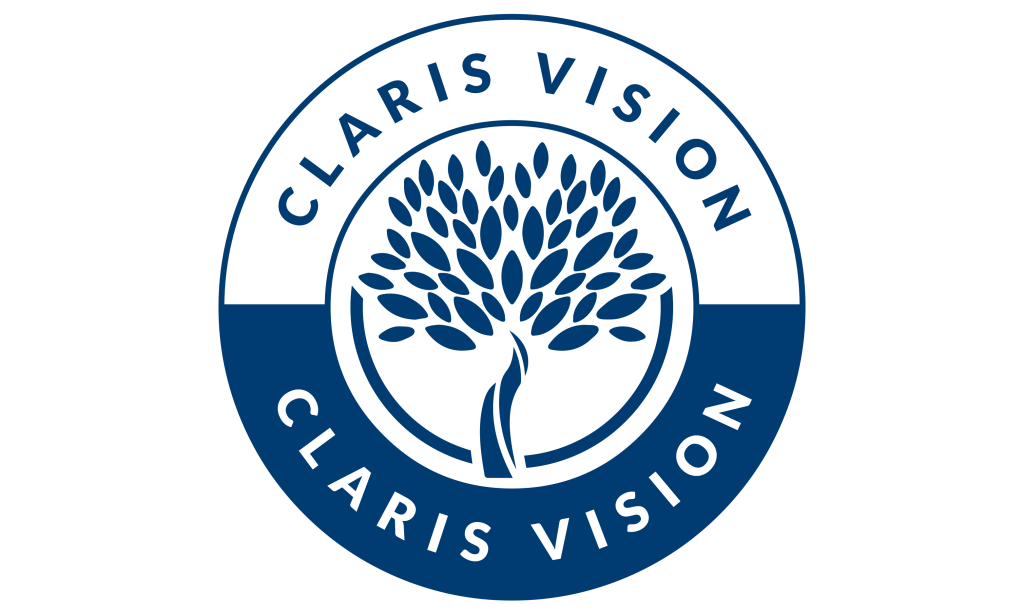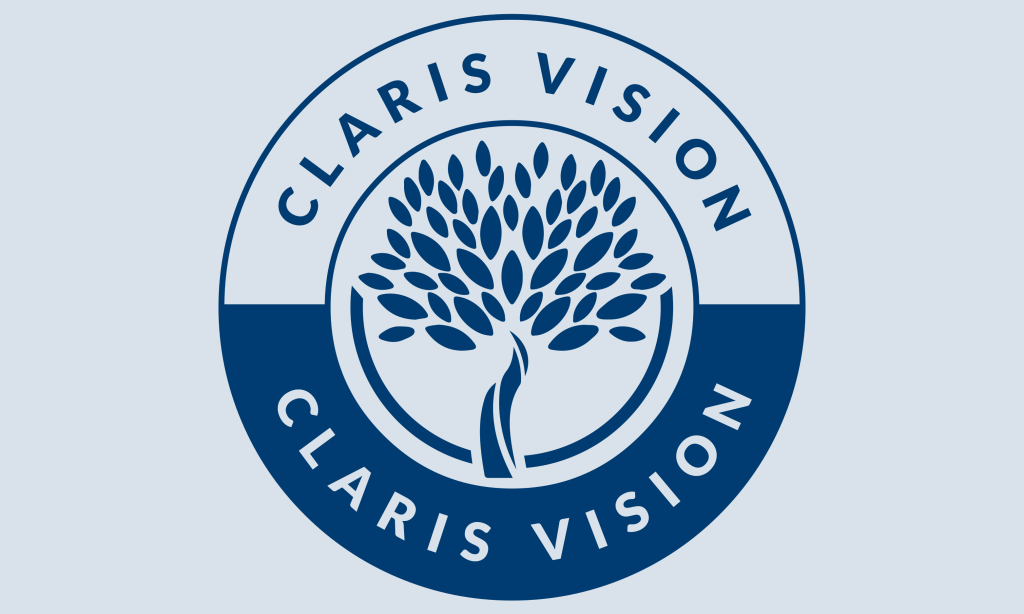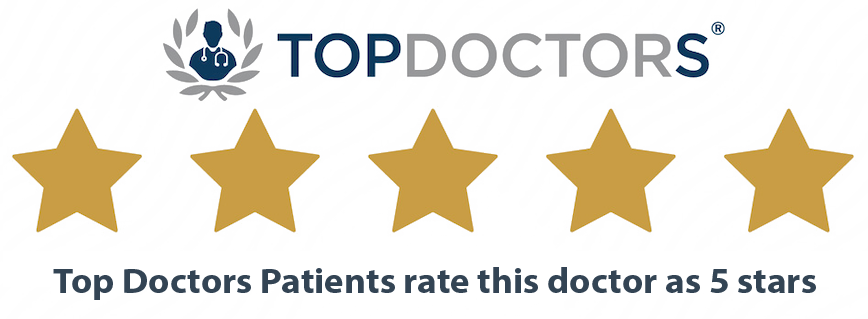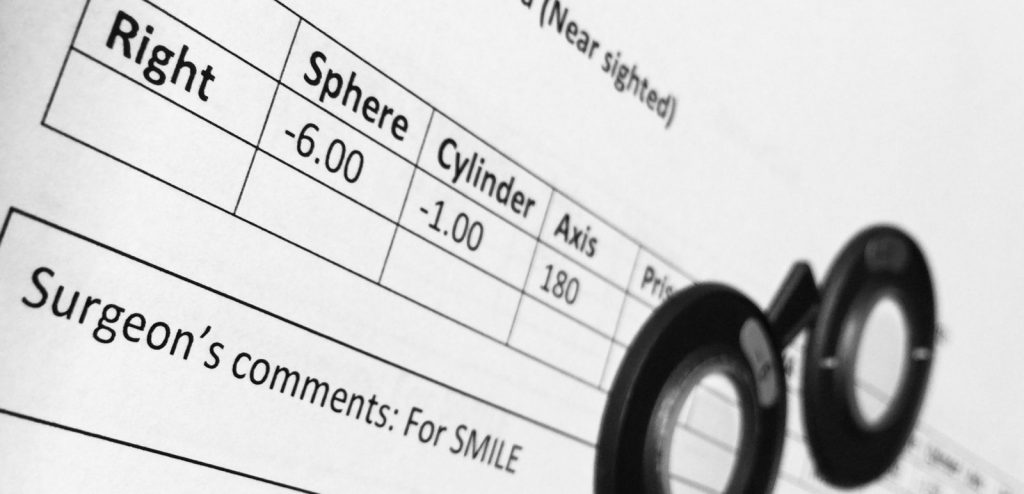What is short-sightedness or myopia?
Short-sightedness, or myopia as it is known medically, is a refractive error of the eye that can easily be corrected. It is one of the most common reasons for wearing spectacles in the UK and worldwide. Myopia is more common in South East Asia and becoming commoner in Europe and North America.
In short-sightedness (myopia) the vision is blurred for objects in the distance. It usually occurs when the eyeball is longer than required for the curvature (power) of the cornea or more generally when there is a mismatch between the refractive power of the eye and the length of your eye. This results in light rays coming to focus behind the retina; for normal crisp vision the light rays need to focus on the retina.
The condition usually develops in childhood or teenage years and even low levels of short-sightedness (myopia) can blur your distance vision significantly. The blurred vision is commonly noticed at school when the whiteboard cannot be seen clearly or when one eye is accidentally covered.
What symptoms does short-sightedness (myopia) cause?
- Blurred distance vision but good preservation of intermediate and near vision.
- Headache after prolonged activities that require visual attention; this is often caused by partially closing the eyelids, as this tends to improve the vision.
- Increased difficulty with night vision, as at night-time we naturally become more short-sighted
Why does myopia develop?
There is no definitive cause, but several studies have identified associations and risk factors for developing the condition. Myopia has been linked with a family history of the condition, particularly when parents and siblings are affected. Studies with twins have also indicated a strong predisposing genetic element.
Education level has also been linked with developing myopia, with the condition being more common in university graduates than non. Increased use of computers and less outdoor play are also consistent associations. These are relatively common risk factors and the common underlying activity may be high levels of near work, such as reading, academic work and computer use. It has been postulated that the accommodating (focusing) effort of the lens required for near activities may stimulate the eyeball to become longer.
How can short-sightedness (myopia) be diagnosed?
Short-sightedness and other refractive errors can be diagnosed by your optometrist (optician) or eye doctor. The examination involves a refraction in order to assess the refractive status of the eye. Other abnormalities of the eye, such as keratoconus or cataract, that may be present can also be detected.
How can short-sightedness (myopia) be treated?
There are a few options for the treatment of short-sightedness, including contact lenses, laser eye surgery and ICL surgery:
- Spectacles are by far the most common modality for the compensation of short-sightedness and other refractive errors of the eye. They are readily available and cheap. They can be associated with distortion of your peripheral vision, especially for higher prescriptions, and inconveniences, such as getting wet in the rain, fogging when walking indoors and inability to wear designer sunglasses to mention a few.
- Contact lenses are commonly used for short-sightedness and other refractive errors. They are a good option as they overcome the above limitations of spectacles. They do have their own limitations though; they do reduce oxygen delivery to the eye, they can cause dry eye and with prolonged use can lead to contact lens intolerance and sight-threatening infection.
- Laser eye surgery provides a permanent treatment by altering the shape of the cornea; this alters the refractive power of the cornea so that the light rays come into focus on the retina of the eye. We offer a variety of laser procedures, allowing us to recommend the best treatment for your eyes and needs; this includes LASIK, ReLEx SMILE, LASEK/Advanced Surface Ablation and PRESBYOND laser blended vision.
- An Implantable Collamer Lens (ICL) is like a permanent plastic contact lens that is implanted inside your eye, in front of your natural lens. No one can see this phakic lens and you cannot feel its presence in your eye. It is a safe alternative to laser surgery and it is usually reserved for higher prescriptions or abnormal corneas when laser surgery may not be the best option.
- Refractive lens exchange also provides a permanent solution; your natural lens is replaced with an artificial lens, very similar to modern cataract surgery. This treatment option is most appropriate if you are over the age of 55 years, needing reading glasses or your prescription is higher than the normal range for laser vision correction.
How safe is laser eye surgery?
Laser eye surgery is the most common elective procedure carried out worldwide, over 100000 procedures are performed each year in the UK.
Laser vision correction is carried out on the surface of or within the cornea, i.e. not inside your eye. As a result, it is a small operation for your eye and chances of going blind following laser treatment are negligible. More than 99% of patients achieve driving level vision without glasses or contact lenses. Indeed, laser surgery is as safe if not safer than long-term contact lens wear!
How can I find out more?
To learn more about LASIK, ReLEx SMILE, PRESBYOND laser blended vision, refractive lens exchange, please visit the respective pages of our website. Or book a free screening appointment through our contact page. Alternatively, call 02381 812281.
All the best,
Aris



